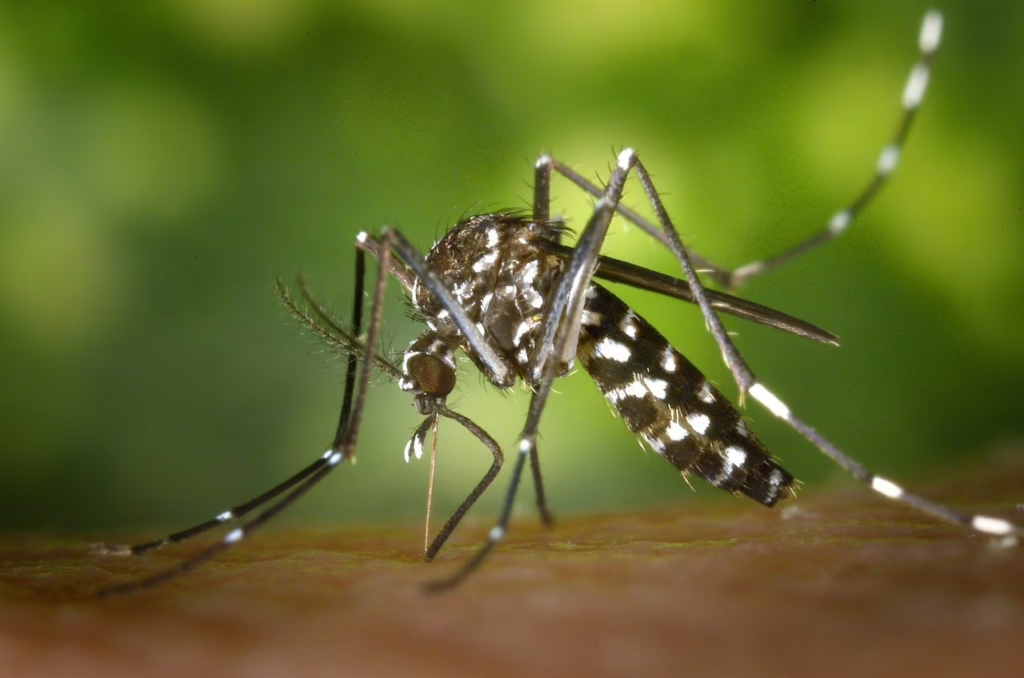As warmer weather arrives, mosquitoes become a significant nuisance, posing health risks through disease transmission. This article provides key strategies to identify and manage mosquito breeding grounds, primarily standing water, around your home to help you maintain a pest-free environment.
Tip #1: Location, Location, Location – Where Mosquitoes Thrive
Mosquitoes are prolific breeders, and their success hinges on one critical element: standing water. Even the smallest amount of stagnant water can become a thriving nursery for mosquito larvae. It’s crucial to be aware of the many places these tiny but mighty pests can lay their eggs.
- Common Breeding Spots:
- Flower pots and saucers: Excess water can accumulate in the saucers or even within the pots themselves.
- Bird baths: While lovely for birds, these can become mosquito havens if not properly maintained.
- Ponds and decorative water features: Uncirculated water in ponds can be ideal breeding sites.
- Puddles and low-lying areas: Natural depressions that hold water after rain.
- Rainwater barrels: If not properly sealed, these are prime targets.
- Empty tires: Old tires collect and hold water for extended periods.
- Clogged gutters and drains: Debris can trap water, creating hidden breeding grounds.
- Ditches and drainage areas: Slow-moving or stagnant water in these areas.
- Heavy shaded areas: These spots tend to retain moisture longer.
- Disused containers: Anything from an old bucket to a discarded bottle cap can hold enough water for mosquito eggs, which are incredibly small.
Regularly inspecting your property for these seemingly innocent water sources is the first step in effective mosquito control.
Tip #2: Do Some Housekeeping – Eliminate Breeding Sources
The most effective way to control mosquitoes is to eliminate their breeding grounds entirely. This involves a bit of proactive outdoor housekeeping, but the effort will pay off in fewer bites.
- Remove Standing Water:
- Empty and flip containers: Regularly empty water from flower pot saucers, buckets, wheelbarrows, and children’s toys. Store empty containers upside down.
- Dispose of old tires: Old tires are notorious mosquito breeding sites. Take them to a recycling center or dispose of them properly.
- Clear yard debris: Remove fallen leaves, branches, and other organic matter that can trap water.
- Maintain your lawn and garden: Keep grass mowed short and trim back overgrown weeds, especially in damp areas, as these can create sheltered, moist environments where mosquitoes rest.
- Check outdoor plumbing: Ensure outdoor faucets aren’t leaking and that sprinkler systems aren’t creating puddles.
Tip #3: Watch Your Water – Manage Unavoidable Sources
Sometimes, completely removing a water source isn’t feasible, such as with a bird bath or a rain barrel you want to use. In these cases, the goal shifts from removal to management and disruption to prevent mosquito breeding.
- Cover Rainwater Barrels: If you use a rainwater barrel, ensure it is always covered with a fine mesh fabric (like window screen material). This allows water to flow in but prevents mosquitoes from laying eggs.
- Keep Bird Bath Water Moving or Fresh:
- Install a small pump: A submersible pump will keep the water circulating, making it unsuitable for mosquito larvae.
- Regularly change water: If a pump isn’t an option, commit to emptying and scrubbing your bird bath at least every two to three days. This dislodges any eggs or larvae.
- Inspect Water-Collecting Plants: Some plants, particularly those with broad leaves or unusual structures (like bromeliads), can collect water in their leaf axils. Periodically check these plants and empty any trapped water.
- Address Drainage Issues: Ensure your property has proper drainage to prevent puddles from forming. This might involve adding soil to low spots or improving grading.
- Clean Gutters and Downspouts: Regularly clear leaves and debris from gutters and downspouts to ensure rainwater can flow freely and doesn’t accumulate.
If, despite your best efforts, you find yourself overwhelmed by mosquitoes or suspect a larger infestation, don’t hesitate to contact The Spider Guys! We can help identify persistent breeding areas and offer effective solutions to keep your home and yard mosquito-free.

